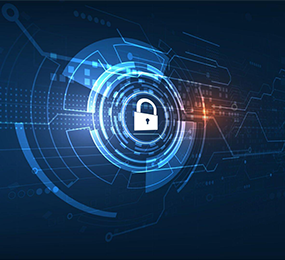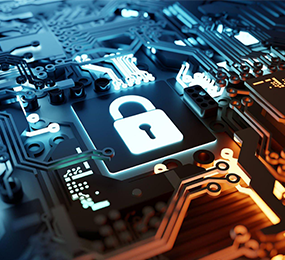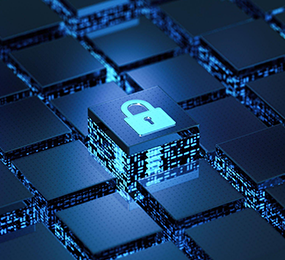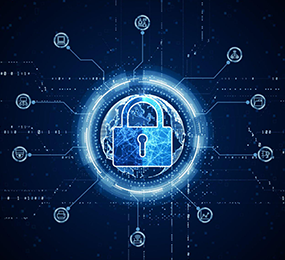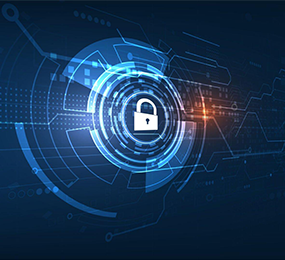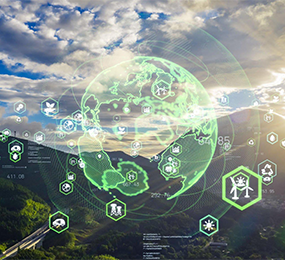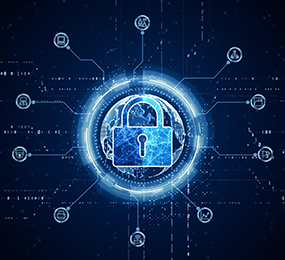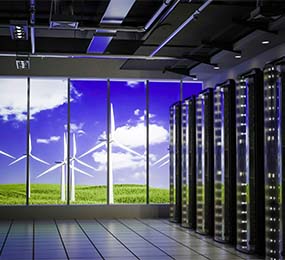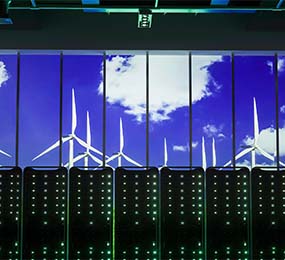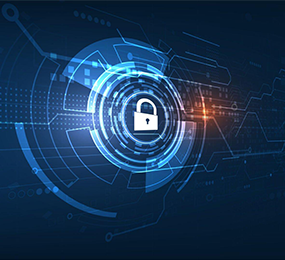Views of Stakeholders on Cybersecurity for Renewable Energy Systems
Renewable energy systems must be able to make frequent and quick modifications to account for changing solar and wind output. This need more advanced industrial control systems (ICS). Yet, this raises the possibility of cyber-attacks. Despite increased attention to technical components of cybersecurity (i.e., software and hardware), many professionals and researchers pay little or no attention to organizational aspects of cybersecurity, notably stakeholders' views of the state of cybersecurity inside enterprises. Since that cybersecurity choices and regulations are mostly dependent on stakeholders' perceived requirements and security attitudes, measuring such perceptions is crucial.
Increasing demand for renewable energy resources has resulted in an increased emphasis on developing technical improvements to boost the green energy sector and meet demand. As a result, since the green energy sector faces increasing cyber dangers, cybersecurity has arisen as a key concern. Smart grids, for example, which are designed to offer dependable and efficient power network systems for distributing renewable energy resources, enable more direct and indirect connections to the Internet as well as more connections among network nodes. Advanced processing and communication technologies are also required for smart grids.
Introducing additional renewable energy sources to networks necessitates an increase in the frequency and speed of technical modifications. As a result, when new features and functions are implemented, networked systems grow more susceptible. Additional problems and risks are also introduced with the Internet of Things (IoT), where intelligent devices are being connected, as sensors and/or controllers, within energy networks. In reality, not only are vulnerabilities increasing in number, but they also have the potential to become quite sophisticated, given the unknown properties of emerging technology.
Because there is so much emphasis on technology improvements in renewable energy systems, the cybersecurity research community has likewise concentrated on the technical elements. Generally, a similar tendency is found in energy firms as they face the problems of high development costs in the setting of limited accessible resources. As a result, it is not surprising that both industry and academia have overlooked the organizational components of cybersecurity.
Cybersecurity is becoming an increasingly important and challenging management problem. Several businesses have implemented cybersecurity strategies to safeguard their corporate information and operational systems. Although these rules are vital, they are frequently not completely implemented, for two reasons: businesses' cybersecurity resources are limited, and they frequently misinterpret the condition of their cybersecurity. The objective of a company should be to design the best feasible, most cost-effective strategy to cybersecurity, which is challenged by the disparities in organizational stakeholders' interests. Because stakeholders are the primary source of decision-making, their views of cybersecurity are crucial to attaining this aim.
Furthermore, when firms mature into extended enterprises with linkages to suppliers, consumers, and other partners, the number of stakeholders grows significantly, as does the spectrum of security challenges and requirements.
Visit our website to know more: https://www.leadventgrp.com/events/renewable-energy-cyber-security-forum/details
For more information and group participation, contact us: [email protected]
Leadvent Group - Industry Leading Events for Business Leaders!
www.leadventgrp.com| [email protected]


